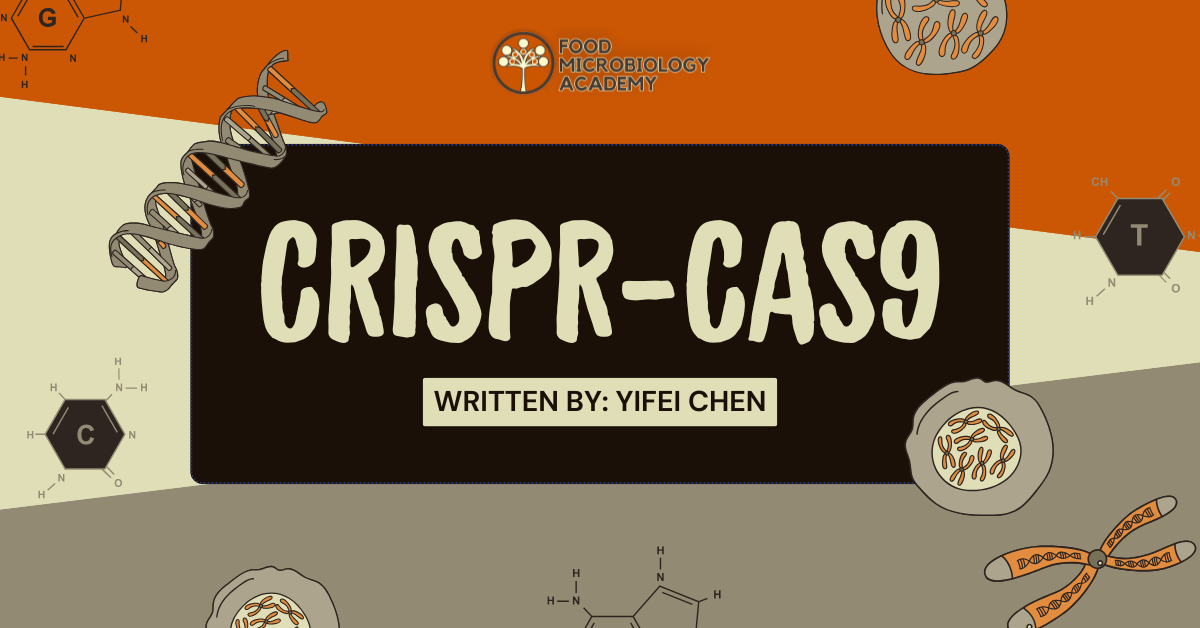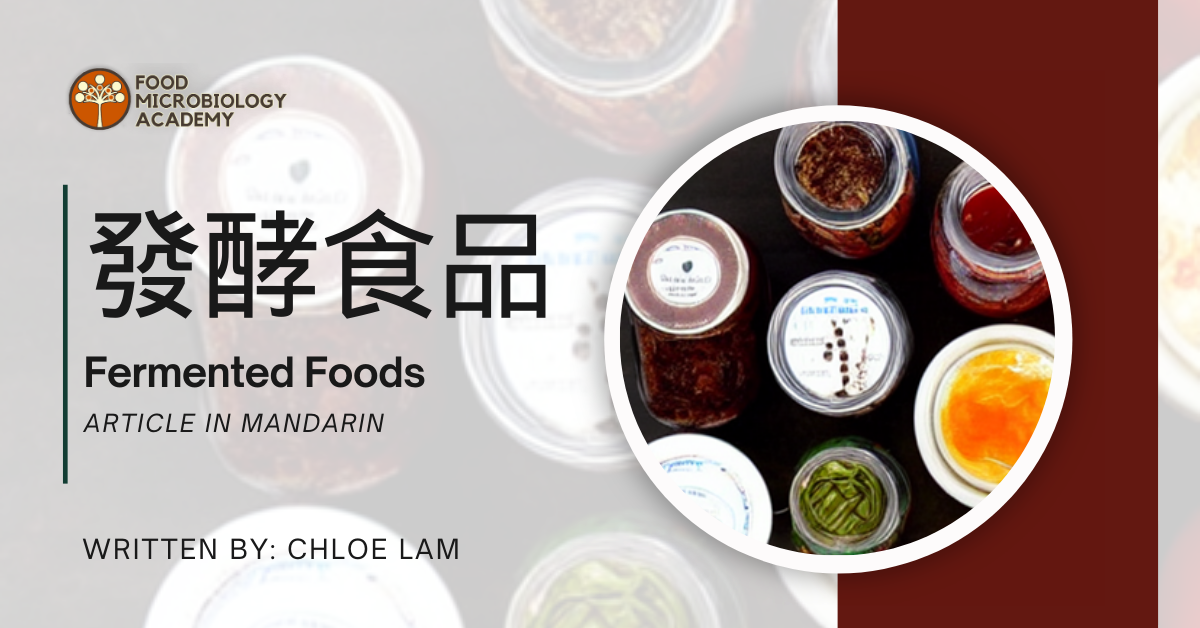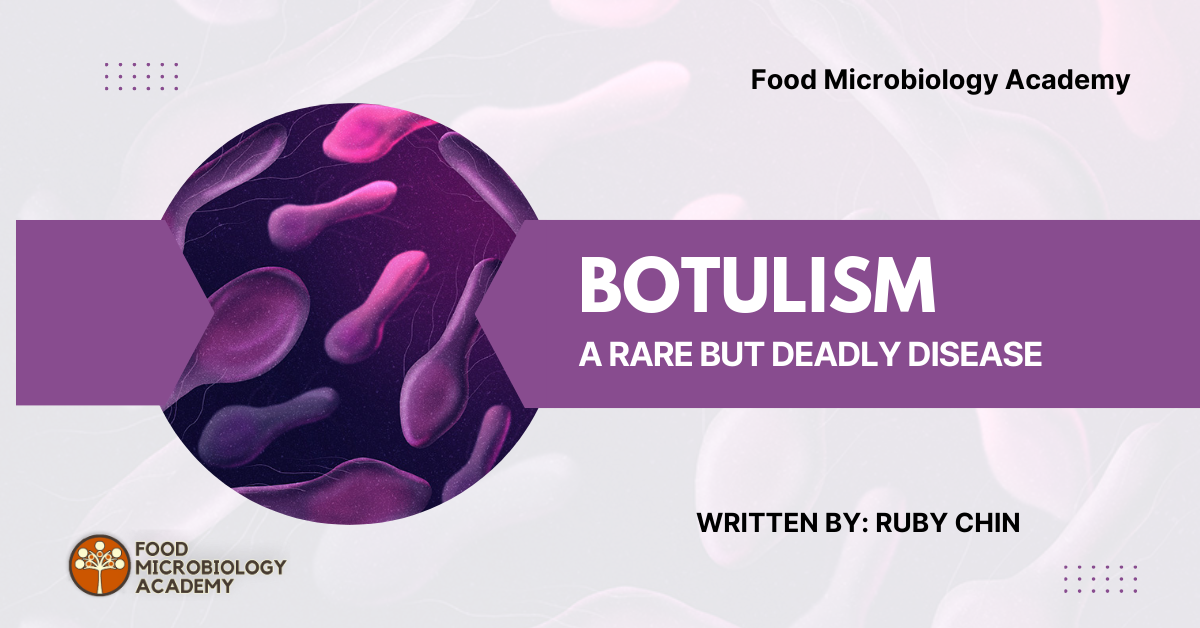
This article was originally published on 5 May 2024 by Gavin Van De Walle of FoodSafePal, under the title, Indiana...

This article was originally published on 5 May 2024 by Gavin Van De Walle of FoodSafePal, under the title, Indiana...

In celebration of International Women’s Day this year, here at the Food Microbiology Academy we understand the importance of inclusive...

CRISPR-Cas9 has emerged as a groundbreaking technology, transforming the field of genetic research and therapy [6]. This powerful tool allows...

Food spoilage is a significant concern in the food industry, leading to waste and potential health risks. One innovative solution...

Biofilm formation is a significant challenge in the food manufacturing industry. These microbial communities, encased in a self-produced matrix of...

This article was prepared using DeepSeek-V3 with the following prompt: Write an 800 word blog article on the biochemistry of...

發酵食品自古以來就是許多文化中不可或缺的一部分,從東亞的納豆和泡菜,到歐洲的酸奶和酸菜,再到中東的發酵乳製品和印度的發酵麵糊。這些食物不僅味道獨特,還具有豐富的營養價值和健康益處。本文將探討發酵食品的起源、種類、製作過程及其對健康的益處。 發酵食品的起源與歷史 發酵食品的歷史可以追溯到數千年前,當時人們偶然發現了一些食物在自然條件下發生了變化,變得更加耐儲存和美味。這種自然發酵過程涉及微生物(如細菌和酵母)的活動,它們分解食物中的有機物質,產生乳酸、乙醇和其他有機酸,從而改變了食物的味道、質地和保存性。 發酵的基本原理 發酵是通過微生物的代謝活動將有機物質(如糖類)分解成更簡單的化合物,產生能量和副產物的過程。根據發酵過程中產生的主要代謝產物,可以將發酵分為不同的類型: 常見的發酵食品 乳製品:酸奶、優酪乳、奶酪等乳製品是最常見的發酵食品之一。這些產品通常使用乳酸菌發酵,使乳糖轉化為乳酸,賦予其獨特的酸味和乳香。 蔬菜:泡菜、酸菜和納豆是發酵蔬菜的典型代表。這些蔬菜在鹽水或鹽中發酵,產生乳酸,既增加了風味,又延長了保存期限。 麵製品:如酸麵團麵包和印度的多薩(Dosa)等,這些麵製品通過酵母或乳酸菌發酵,使麵糊變得鬆軟有彈性。 大豆製品:豆豉、納豆和味噌等大豆製品在亞洲飲食文化中佔有重要地位。這些食品通過特定的細菌發酵,產生獨特的風味和營養成分。 飲料:如康普茶和啤酒等,這些飲料通過酵母和細菌的共同作用發酵,具有獨特的口感和潛在的健康益處。 發酵食品的健康益處 發酵食品以其獨特的風味和豐富的健康益處,成為現代人飲食中不可或缺的一部分。無論是酸奶、泡菜,還是豆豉和康普茶,這些美味又健康的食品,值得我們在日常飲食中多多享用。通過瞭解和選擇適合自己的發酵食品,我們不僅能享受到美味,還能增強體質,提升健康水平。

Introduction, information sources and context The information below was compiled using DeepSeek-V3 with the following prompt: Write me about 800...

Botulism is a rare but highly serious illness that can be fatal if not properly and promptly treated. This disease...
 Chloe
Chloe
Search Blog

